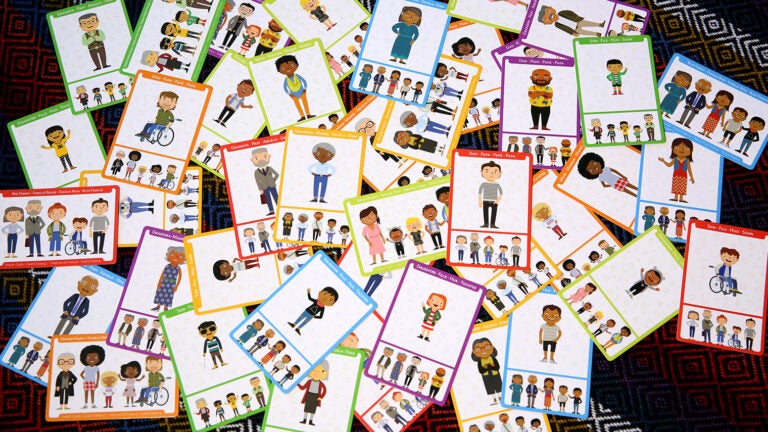
Happy Families
Does the family make us happy?
It depends. Tolstoy wrote, “Each unhappy family is unhappy in its own way.” But happy families are unique, too, and no family ever manages to abide in perpetual happiness or constant despair.
Here’s what we know from the research: Families matter to well-being. Stable family relationships protect us from stress and promote health. Married people live longer than single people, and social isolation carries a greater public health toll than smoking, obesity and alcoholism. Stress hormones react less intensely to threat when a partner is nearby. Holding hands with a spouse or parent dampens the brain’s response to electric shock.
At the same time, relationship conflict taxes the body. Partners heal more slowly from injuries after arguing with their spouse. Heart attacks spike following a divorce. And bringing home a baby creates greater upheaval in life satisfaction than unemployment or bereavement. The effects of adverse family relationships can be enduring: Children raised in unhappy families show more diabetes, heart disease and mental health problems in late life.
In short, the family can serve both as a haven from outside storms and a tempest that rages within its own walls.
No two families are the same. One person might name just their partner as “chosen family,” while others live in multigenerational households or families formed and reformed by adoption, divorce and remarriage. However, families typically live together, pool resources, share ties of kinship, obligation and commitment, and coordinate their language, emotions and behaviors. Other social groups also exhibit these characteristics, but rarely with the same intensity or duration. Family members therefore have greater potential to get under each other’s skin, literally and figuratively. For children, the family environment also has primacy; that is, the family typically constitutes the first social environment into which a child emerges and offers a template for the larger world.
Trends in migration, housing and social change have shrunk the average household size, meaning fewer extended family members to help care for the elderly and raise the next generation. Most families now consist of two wage earners, but our institutions lag behind: The United States is one of the few industrialized nations without paid family leave or universal child care. Public systems and policies can affect families deeply in sectors ranging from incarceration, immigration, health care and education, making the personal political.
USC Dornsife College of Letters, Arts and Sciences recently awarded seed funding to our faculty working group on the Changing Family to explore these issues and others. Comprising faculty from psychology, sociology, social work, gerontology, medicine, English and law, we trace the impact of stress within a family context on health outcomes that range from obesity to preterm birth to dementia. We use diverse methodological and statistical tools, and our research extends across the life span, from infants to adolescents, newlyweds to retirees. We plan to collaborate on research and public outreach to the media, policymakers and to families themselves, seeking our own answers to the question of when and how families make us happy.
Learn more about the USC Center for the Changing Family >>
Read more stories from USC Dornsife Magazine’s Fall 2019/Winter 2020 issue >>